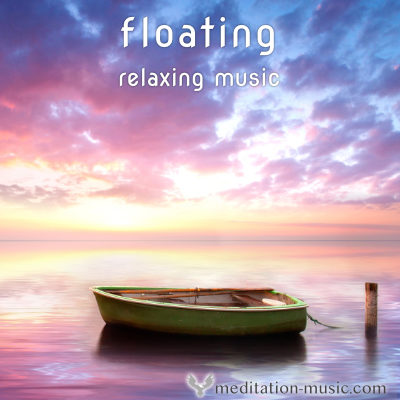Relaxing Music
This website provides professional and very effective relaxing music.
Learn more about the neuroscience behind that makes this music so special and effective.
Please check out the music for free or explore the store.
DEMO SAMPLES - Use of headphones will provide the most optimal experience, but are not required
Between work, relationships and health, modern life can be very stressful at times. Stress is more than just an inconvenience — it actually has a negative impact on your health. Listening to relaxing music is an easy way to reduce the amount of stress you experience in your daily life.

Music calms the body and mind
One of the easiest ways to reduce stress is to listen to music. Music has been used throughout all of human history to naturally relax the body and quiet the mind. If you listen to the right type of music, you’ll find that you’re able to silence your racing thoughts more effectively. Your heartbeat gradually slows down, and your breaths become deeper and slower.
Relaxing music is also used worldwide to aid in meditation, yoga and sleep. It facilitates a calm mind to make these activities easier, which in turn reduces stress even more.
These effects are more than just subjective. In a scientific study at Mindlab International, women who listened to a relaxing song had a lower heart rate and a 65% reduction in anxiety.
What type of music is most relaxing?
Since many cultures worldwide use relaxing music as part of their religious or health traditions, there are a variety of genres of music to choose from. However, all of these types of music have a few things in common:
- Relaxing songs usually lack a repeating melody — such as a chorus or refrain — because that allows your brain to truly turn off, rather than anticipating the next part of the pattern.
- These songs have a slow beat, which causes your heartbeat to slow down to match the number of beats per minute in the song.
- Each song also tends to be on the longer side, since it takes some time for them to have their relaxing effect.
What causes stress?
Most of us experience stress at some point in our lives, and small amounts of stress can actually be helpful: stress helps us perform well under pressure. The problem begins when there are too many stressors at one time, and our body becomes overloaded.
Some people only become stressed by major life circumstances, while others are easily stressed out by everyday worries. One common cause of stress is work or school, especially when there are a lot of responsibilities on your shoulders. Other common stressors include economic instability, relationship problems and and major life changes such as moves.
Stress can also be caused by mental habits rather than any outside factors. Pessimism, negative self-talk, and a desire for more certainty than life can provide all worsen stress.
The health benefits of reducing stress
It’s amazing how many health problems can be traced back to chronic stress. These health problems range from physical to emotional and cognitive. Chronic stress can cause the same health issues to pop up over and over again, gradually wearing down the body over time.
Some physical problems that are caused by stress include frequent colds or flu, aches and pain, and loss of energy. Emotional and mental symptoms of stress include anxiety, constant worry, moodiness, loneliness, depression and difficulty focusing. Many of these symptoms cause further stress, resulting in a cycle that can be hard to break.
The flip side of this is that eliminating stress comes with a plethora of health benefits. A relaxed state of mind increases your energy, boosts your mood and improves your physical health. The simple act of relaxing has a ripple effect of positivity.
Reducing stress doesn’t always have to mean eliminating stressors. Sometimes, those things are beyond your ability to control. However, there are things you can do to take control of your own sense of relaxation — like listening to a calming song.
When to listen to relaxation music
Many people like to use music for meditation or yoga. If you don’t already practice these traditions, music can make it much easier to get started by kickstarting your brain into relaxation mode.
Another common use for relaxation music is for falling asleep. If you’re prone to insomnia, poor sleep or bad dreams, try putting on a long and tranquilizing song right as you’re going to bed. You may find yourself falling asleep without even trying, and being in a relaxed state of mind helps you sleep more peacefully.
You can also keep these songs in your tool box for particularly stressful times. For example, you might listen to this music on your way to a job interview or during a difficult test at school.
Stress is a natural part of life, but it doesn’t have to take over. It’s up to you to improve your health by introducing relaxation into your daily routine. Music is a tried-and-true method of relaxation that has been used for thousands of years.



